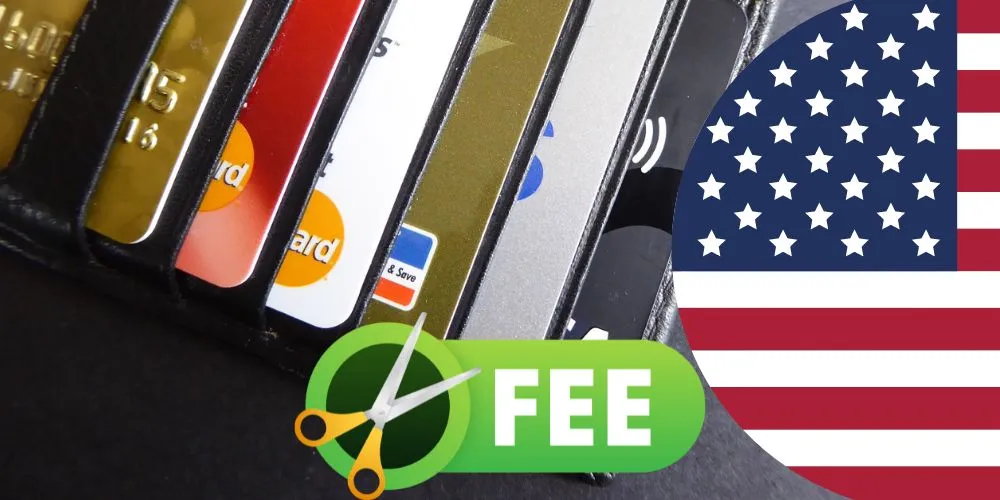Key Points:
- Federal regulators have finalized a rule capping most credit card late fees at $8, aiming to save consumers billions annually.
- The rule targets large credit card issuers with over 1 million accounts, representing the majority of outstanding credit card debt.
- The regulation seeks to close a loophole that credit card companies have exploited since 2010, which allowed to impose excessive fees on late payments.
- While the industry has criticized the regulation, consumer advocates applaud it as a fair measure to alleviate financial burdens on vulnerable families.
United States federal regulators have finalized a rule to cap most credit card late fees at $8, marking a significant move by the President Joe Biden administration to eliminate what it calls “junk fees.” The Consumer Financial Protection Bureau (CFPB) estimates that this new regulation, proposed last summer, will save consumers billions annually.
The rule applies to large credit card issuers with over 1 million accounts, representing over 95% of total outstanding credit card debt. This targeted approach aims to alleviate the financial burden on millions of Americans grappling with rising living costs and mounting credit card debt, which recently surpassed $1.1 trillion.
With more than 45 million people charged late fees annually, the new regulation is expected to save individuals an average of $220 annually. It seeks to close a loophole exploited by credit card companies since 2010, which allowed them to impose exorbitant fees on borrowers for late payments.
CFPB Director Rohit Chopra emphasized the significance of ending this practice, stating that it ends credit card companies profiting from “junk fees” at the expense of consumers. However, the financial industry has criticized the regulation, arguing that it may lead to late payments and damage consumers’ credit scores.
Bank Policy Institute CEO Greg Baer and the U.S. Chamber of Commerce have voiced concerns about the regulation’s impact on consumers and the industry’s autonomy. They suggest that the CFPB’s decision prioritizes political gain over long-term consumer benefits.
Despite industry backlash, the White House will highlight the ban on excessive credit card late fees during President Biden’s Competition Council meeting. The administration aims to showcase its efforts to combat corporate exploitation and protect consumers from unfair practices.
Consumer advocates, including Chuck Bell from Consumer Reports, have praised the new regulation as a step towards fairness and financial relief for vulnerable families. They see the $8 cap on late fees as a reasonable measure that will make a tangible difference for consumers facing financial challenges.
The new rule represents a significant milestone in the Biden administration’s push to address consumer protection issues and promote financial equity. It underscores the government’s commitment to safeguarding consumers from predatory practices in the financial industry.





